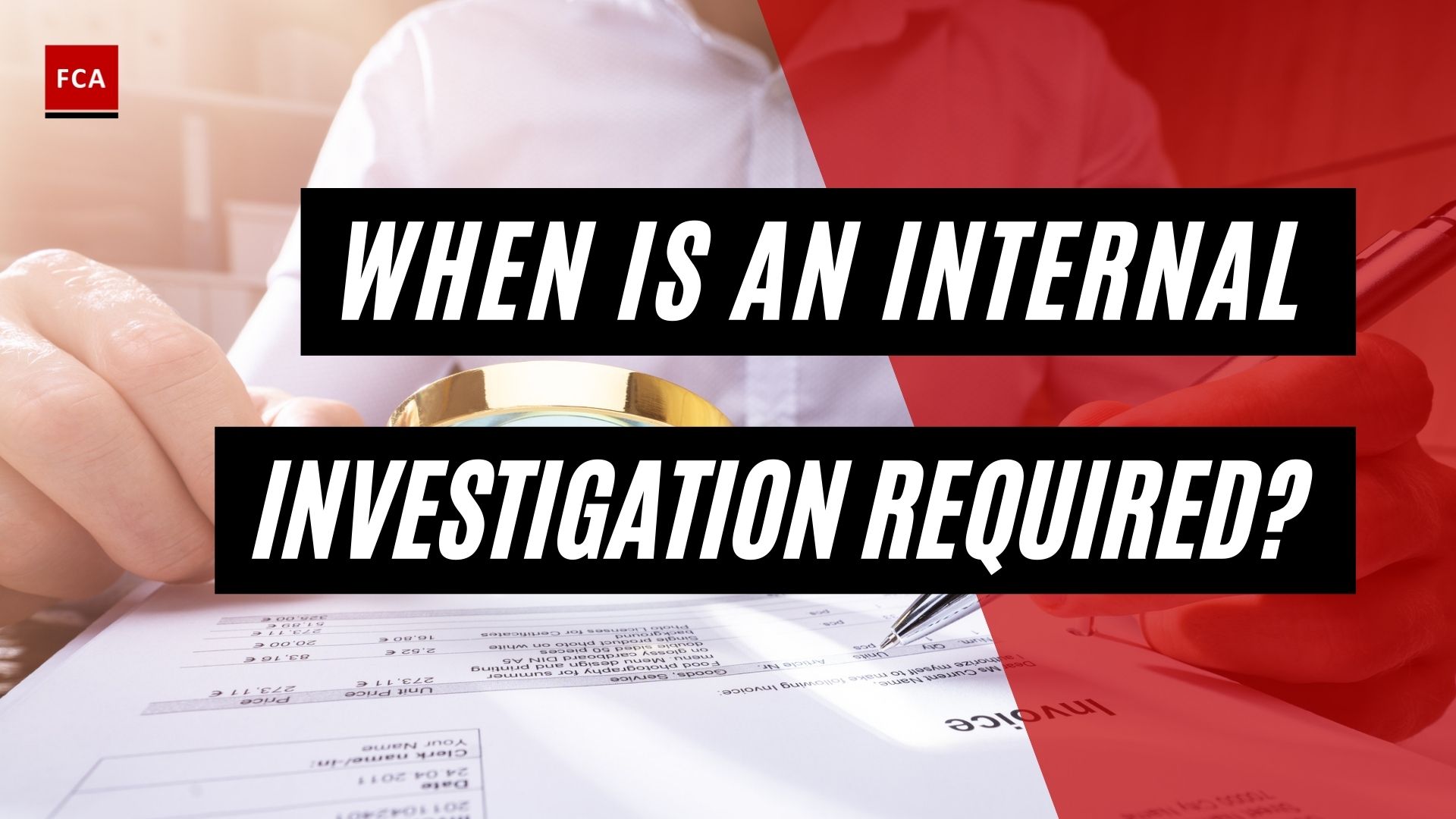Different types of evidence. In the context of an investigation, the term “evidence” refers to a wide range of information sources that may eventually inform the court to prove or disprove points at issue before the trier of fact. Evidence sources can range from witness observations to the examination and analysis of physical objects. It can even include the spatial relationships between people, places, and objects within an event’s timeline.

Different Types Of Evidence
The court can draw inferences and reach conclusions based on the various types of evidence to determine whether a charge has been proven beyond a reasonable doubt. Given the importance of evidence in the court system, a plethora of definitions and protocols have evolved to guide the way evidence is defined for consideration by the court.
Physical Evidence
If an internal investigation is being conducted, then an organization has a right to access its records and may bring disciplinary action against any member of staff who tries to prevent this. Where physical evidence is owned or held by other organizations or individuals who are not employees, it may be necessary to obtain a court order or injunction to secure access to or to allow the seizure of the evidence.
The exact means of obtaining physical evidence depends on the case’s particular circumstances and whether criminal or civil action is being pursued, or both. When taking control of any physical evidence, original material is essential. Photocopies are not acceptable. Records should be kept off when it was obtained and where it was taken from.
If the evidence consists of several items, for example, many documents, each one should be tagged with a reference number that corresponds with the written record. Taking photographs or video recordings of the scene, such as the suspect’s office, may also prove helpful.
Electronic Evidence
Electronic evidence retrieval should be treated similarly to that of other physical evidence to ensure case integrity and compliance. However, there will be some distinct differences. No action taken by law enforcement agencies or their agents should change data held on a computer or storage media, which may be relied upon in court.
In exceptional circumstances, where a person finds it necessary to access original data held on a computer or storage media, that person must be competent to do so and be able to give evidence explaining the relevance and the implications of their actions.
An audit trail or other record of all processes applied to computer-based electronic evidence should be created and preserved. An independent third party should be able to examine those processes and achieve the same result. The person in charge of the investigation (the case officer) has overall responsibility for ensuring that the law and these principles are adhered to.
Final Thoughts
Each piece of relevant evidence will be considered based on its “probative value,” which is the weight or persuasive value assigned to that particular piece of evidence by the court when considering its value in proving a point of fact in question for the case being heard. This probative value of evidence contributes to the judge’s or jury’s decision of proof beyond a reasonable doubt in criminal court or proof within a balance of probabilities in civil court.








